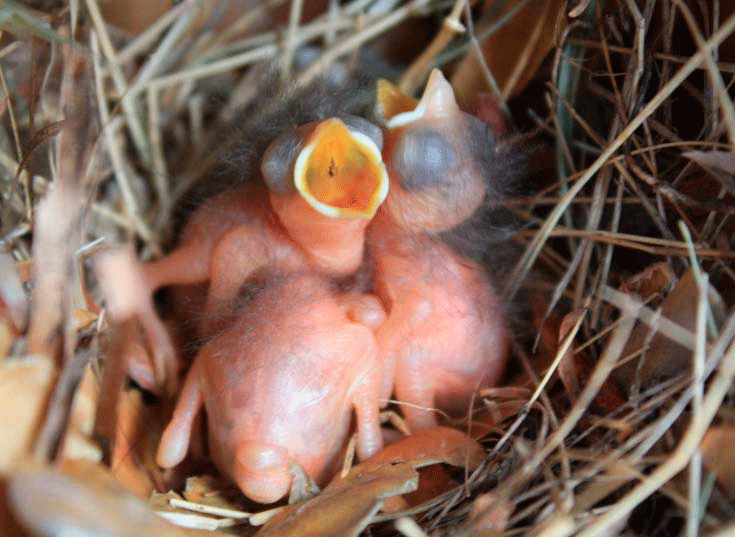Telomere length is a marker of cellular senescence that relates to different components of individual fitness. Oxidative stress is often claimed as a main proximate factor contributing to telomere attrition, although the importance of this factor in vivo has recently been challenged. Early development represents an ideal scenario to address this hypothesis because it is characterized by the highest rates of telomere attrition of the life and by an arguably high susceptibility to oxidative stress. The effect of oxidative stress on telomere dynamics during early development was tested by exposing pied flycatcher nestlings Ficedula hypoleuca to either an oxidative challenge (diquat injections), an antioxidant (vitamin E) or control treatments (PBS injections and supplementation with vehicle substance). No effects of treatments were found on average telomere change during the nestling period. However, vitamin E supplementation, which increased growth, removed the association between initial telomere length and telomere attrition. Diquat-treated nestlings, by contrast, showed no differences in growth or telomere dynamics with respect to controls. These results do not support the hypothesis that oxidative stress is the main direct mechanism explaining telomere attrition in vivo, and highlight the importance of micronutrient intake during early development on telomere dynamics. Studies addressing alternative action pathways of vitamins on growth and telomere dynamics, perhaps via restoration mechanisms, would provide important insights on the proximate factors affecting telomere attrition during this critical phase of life. informacion[at]ebd.csic.es: Pérez-Rodríguez et al. (2019) Vitamin E supplementation—but not induced oxidative stress—influences telomere dynamics during early development in wild passerines. Front Ecol Evol https://doi.org/10.3389/fevo.2019.00173
https://www.frontiersin.org/articles/10.3389/fevo.2019.00173/full








 Las altas temperaturas están provocando que las lagunas y las marismas de Doñana pierdan agua rápidamente
Las altas temperaturas están provocando que las lagunas y las marismas de Doñana pierdan agua rápidamente



